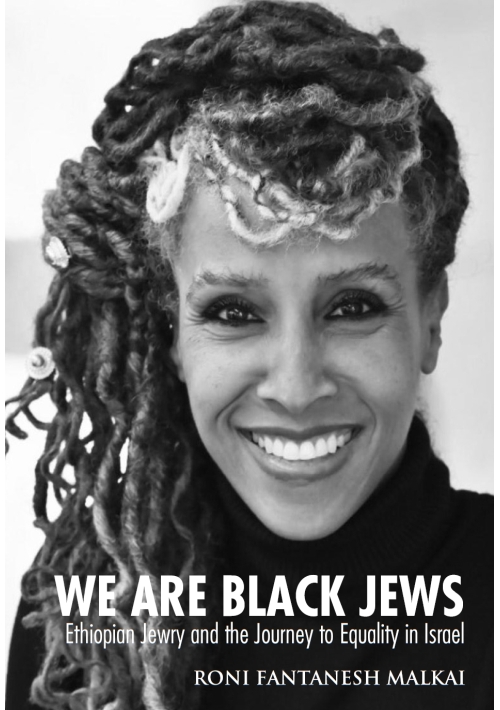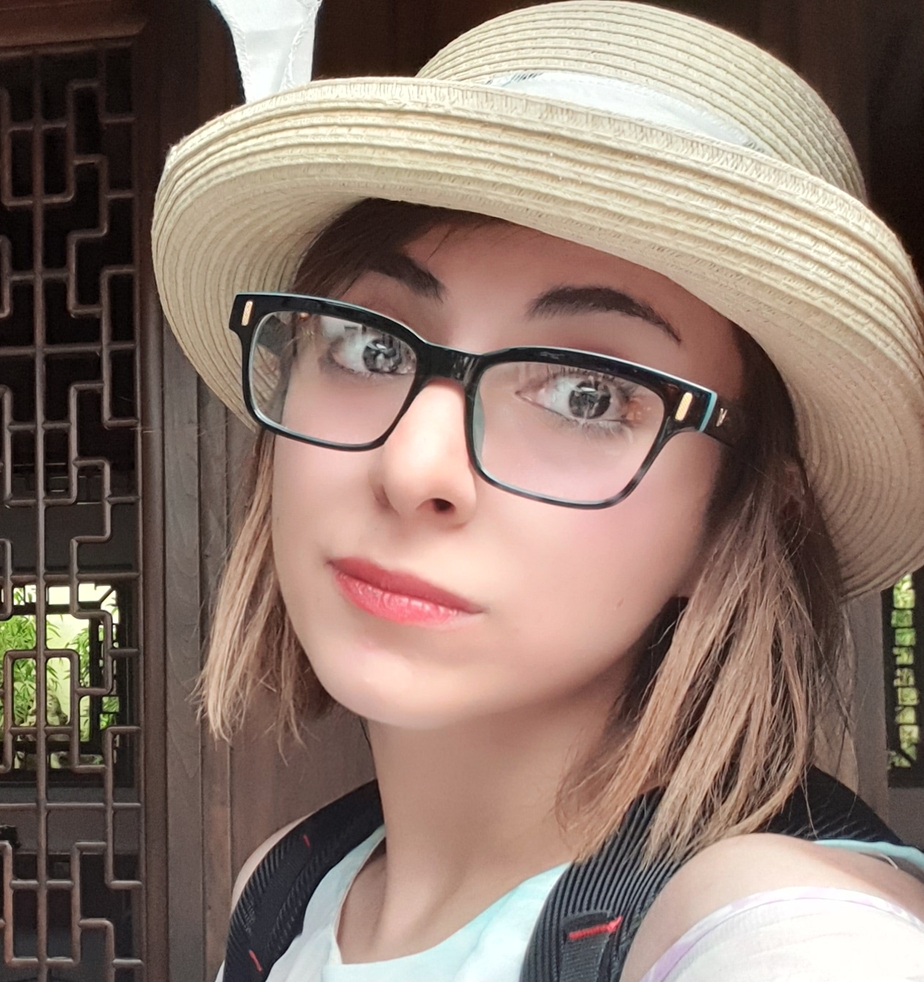Grounded in history and brought to life with personal narratives, “We Are All Black Jews” offers insight into the experiences of Ethiopian Jews living in Israel. “We Are All Black Jews” ensures that this often ignored history has a place in our written memory, and the book’s commitment to telling real-life stories connects us to the heart of this experience. It is a deeply engaging, emotion-provoking, and necessary read for anyone who wants to develop a full picture of Israeli life. – Team Be’chol Lashon
For me, writing We Are All Black Jews was a revelation. When I started writing the book, I felt as if someone had awakened me from a deep slumber. It was a long process, and when I read the words over and over, I felt them pulse along with my heart. I knew they would accompany me from now on in every text I would write, in every idea. The stories that I write about gave new significance to what I had always known: the story of our people cannot be erased; it is etched in stone and written in bold in the history. It is an inseparable part of Jewish history and the Zionist narrative. It is the story of a powerful community.
It is the story of every Jew in the world. It is the story of our grandparents, parents, brothers, and sisters. A story of strength and courage, of challenges and hardships. It is the story of a community that made history with both feet, a community descended from royalty. For me, it was further proof of the chain of generations. The long and unique journey of Ethiopian Jews began in biblical times, continued through mountains, hills, valleys, and picturesque villages, and then moved on to a journey fraught with dangers and hardships to Sudan, and from there finally returned home to the Holy Land, turning the dream of yearning for Zion into reality.
We Are All Black Jews brings us through Ethiopian Jewish history to today. In the late 1970s, thousands of heroes from my remarkable community, Beta Israel, left our homeland and childhood homes, embarking on long and arduous journeys to our heart’s desire, Jerusalem, as if we had heard a divine voice echoing God’s words to Abraham: “Go out of your country, and from your people, and from your father’s house, to the land that I will show you” (Genesis 12:1).
We walked on foot for weeks on end – men, women, elderly, and children – from Ethiopia to Sudan, an enemy country where danger and terror lurked in every hill and valley.
Within the Israeli narrative, constructed out of stories of immigration from all over the world and historic tales of heroism, the place of these heroes – my brothers and sisters from the Ethiopian Jewish community – has been overlooked. Therefore, it is our duty to remember and remind others that without the bravery of our thousands of fathers, mothers, and grandparents who set out on an unknown path and crossed the border into a perilous country, these heroic operations, in which the State of Israel takes such pride, would not have come to fruition.
Take a moment and think: What other Jewish community can say it has made history on its own two feet? Who walked hundreds of miles, without a GPS or a compass, to reach the Land of Israel? Walking and believing, walking and suffering, walking and paying a heavy price. Some four thousand men, women, girls, and boys lost their lives on their journey to fulfill the dream. Some disappeared in Sudan and are still missing to this day, leaving families in great uncertainty and pain. Many others were buried along the way, and their children or parents do not even have a grave to visit.
Four decades have passed since the significant immigration of Ethiopian Jews to Israel began. In these four decades, there has been talk – perhaps too much – about a weak community, about our quiet, introverted character, our politeness.
In reality, the narrative of the “weak” community is as far from the truth as east is from west. Ethiopian Jewry is a symbol of strength and resilience. It is a community that preserved its Judaism for over two thousand years, far from any Western eye, with devotion, dedication, and love. This community represents one of the wonders of Jewish survival in the diaspora, somewhere beyond the Mountains of Darkness. It is a story, unfortunately not told enough, of people who are descendants of an ancient Jewish-Ethiopian kingdom – the Kingdom of the Gideons.
For thousands of years, Ethiopian Jews were so isolated from the rest of the Jewish world that they believed they were the only Jews in existence. Despite this, they held a steadfast belief that one day they would return to their land, to their homeland – Jerusalem. As the prayer about the coming of the Messiah says, “Even though he may tarry, I will wait for him every day that he may come.” The Ethiopian Jewish community embodied this sentiment in practice: waiting daily for that day, even through especially difficult times, until it finally arrived.
When it happened, they didn’t just wait passively for redemption – they set out to achieve it for themselves. They embarked on a long and arduous journey, almost unimaginable. Nothing stopped the Ethiopian Jews, which included many of my own family members. They set out on a path and walked into the unknown.
And this is the way people should see the Ethiopian Jews.
My writing process was a journey of self-discovery and identity exploration. We Are All Black Jews preserves my cultural memory and traditions, and the process of writing has led to deeper connections with my Ethiopian heritage and my Israeli identity. I hope the book offers readers opportunities for dialogue both within my community and with broader Israeli and Jewish society.
We Are All Black Jews is available now. Order it today!






